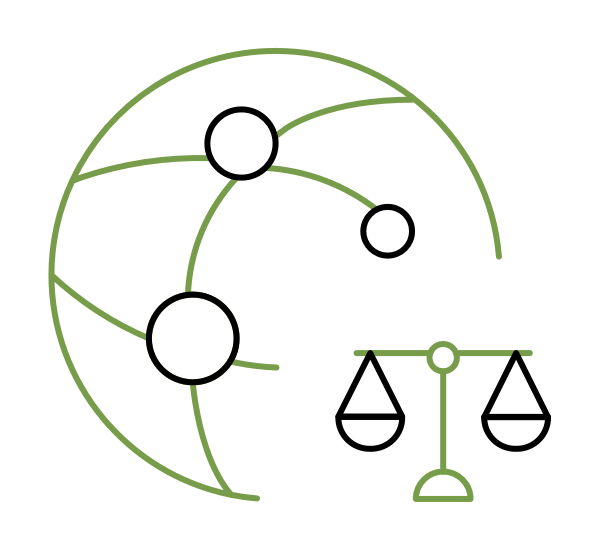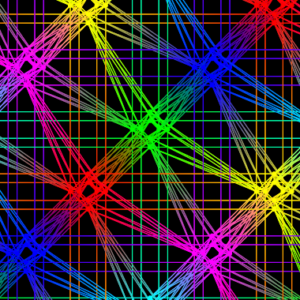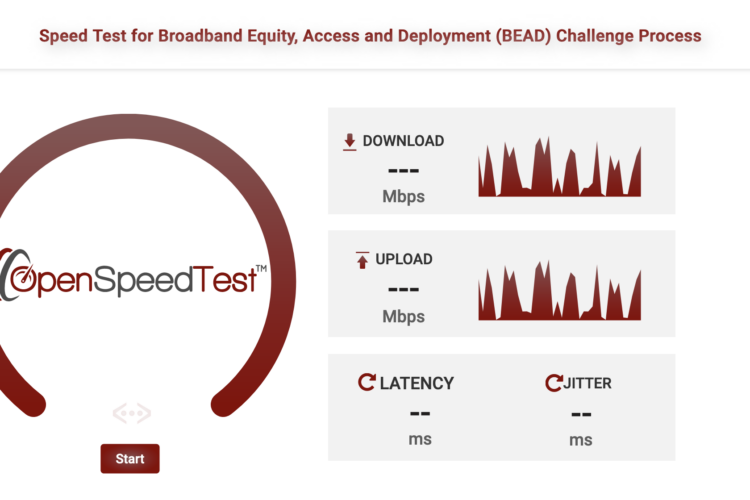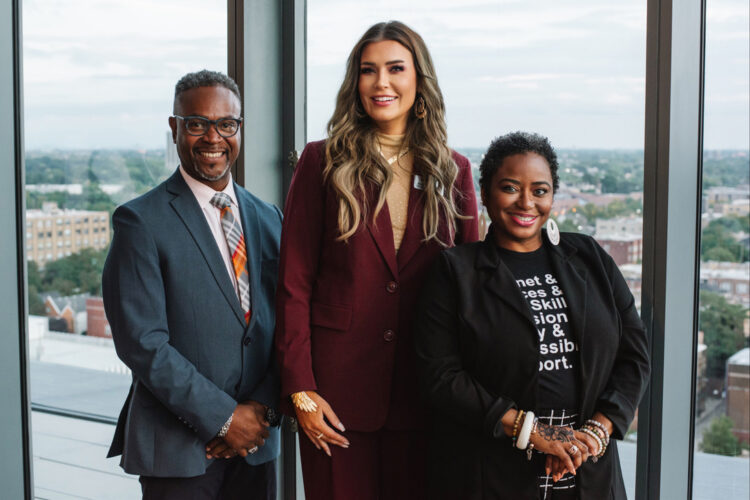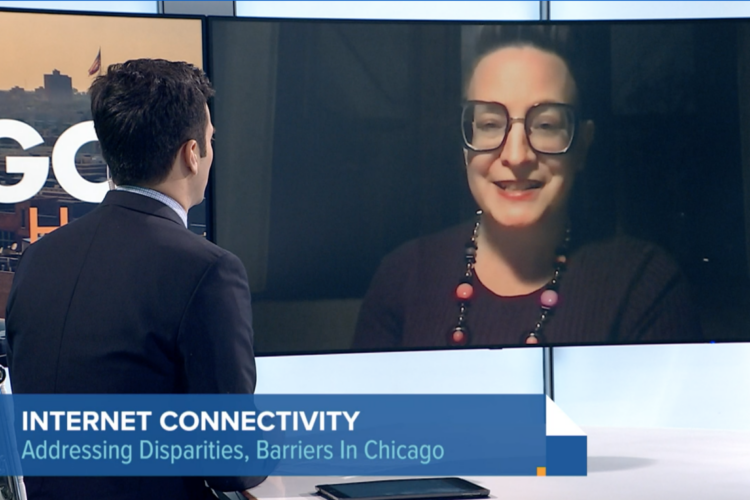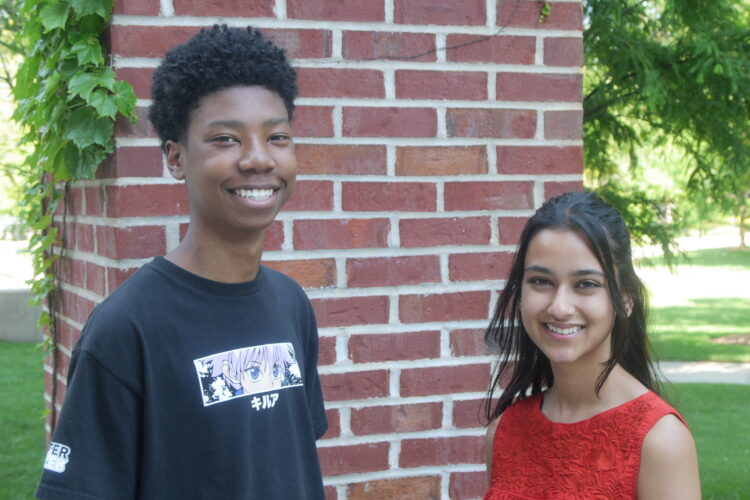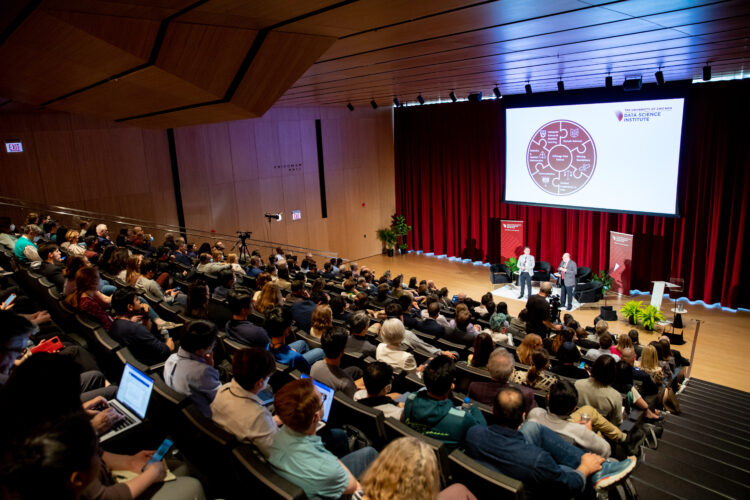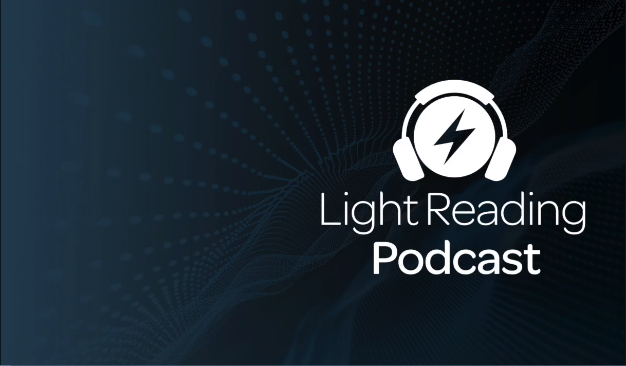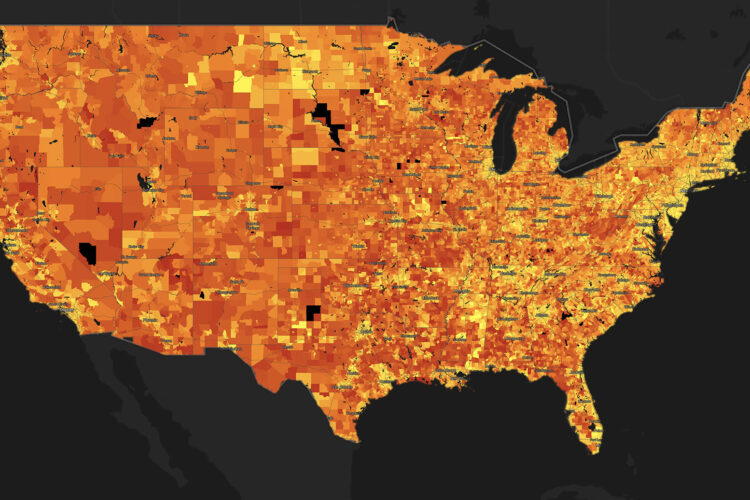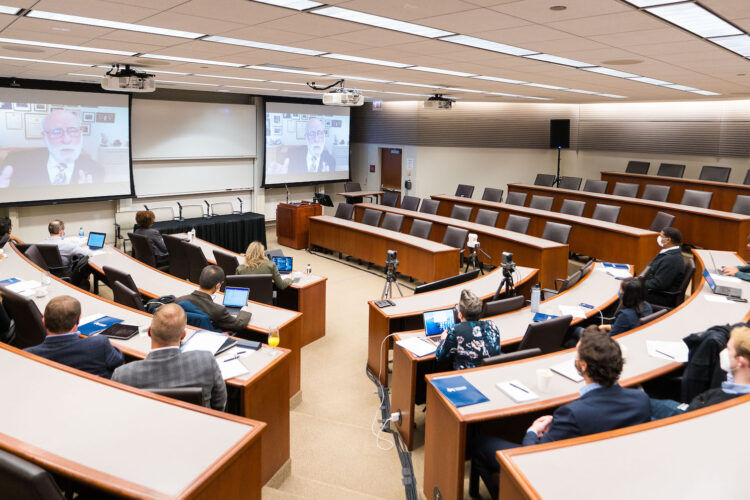Internet Equity
Visit the Internet Equity Initiative Data Portal
Educational and economic opportunity, as well as health outcomes, depend on the availability of affordable, high-speed Internet access. The COVID-19 pandemic—and in particular society’s increasing reliance on reliable high-speed broadband Internet access during the crisis—has accelerated and magnified these existing disparities. As the essential tasks of living, such as learning, job seeking, and accessing health care, move online, Internet access is increasingly becoming an issue of educational equality and economic opportunity, one that disproportionately hurts low-income families and minorities.
The lack of precise broadband deployment data complicates this issue and attempts to remedy the “digital divide.” Current FCC broadband maps rely on census block data that overestimates the number of households with Internet access and lacks fine-grained detail. With a grant from data.org, our team will innovate new, powerful data science approaches that gather and aggregate multiple data sources to produce accurate broadband maps. We will also create an Internet measurement and performance toolkit that will allow policymakers, administrators, and the public to locate and understand the gaps in Internet coverage and target critical resource investments among communities most in need.
Interdisciplinary researchers at the University of Chicago, including the Crown Family School of Social Work, Policy, and Practice and the Office of Civic Engagement, will work with Chicago Public Schools and civic non-profit organization Kids First and urban solutions accelerator City Tech Collaborative to develop technical tools and data that meet the needs of stakeholders and community members, reducing inequities in high-speed Internet access.
Team
-
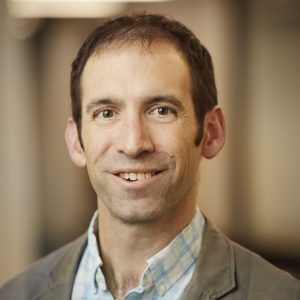
Nick Feamster
Faculty Director of Research, Data Science Institute; Neubauer Professor of Computer Science and the College -
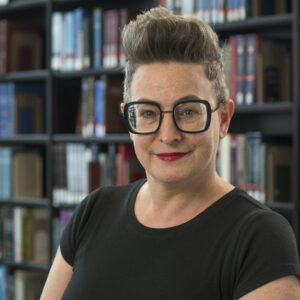
Nicole Marwell
Associate Professor, Crown Family School of Social Work, Policy, and Practice -

Alexis Schrubbe
Director, Internet Equity Initiative -
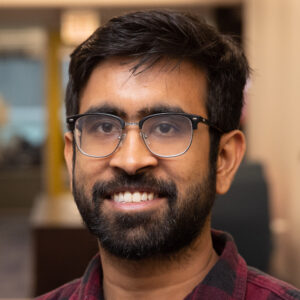
Tarun Mangla
Assistant Professor, Computer Science and Engineering, IIT Delhi -
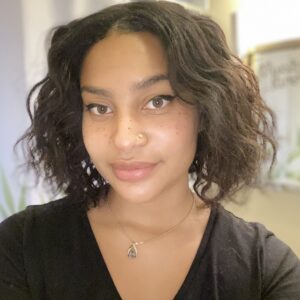
Nzinga-Ain Barberousse
Community Project Manager, Internet Equity Initiative -
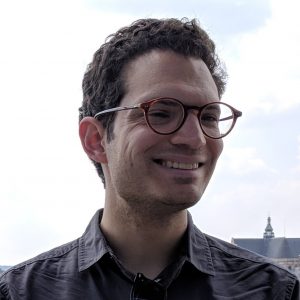
Jesse London
Software Engineer, Data Science Institute -
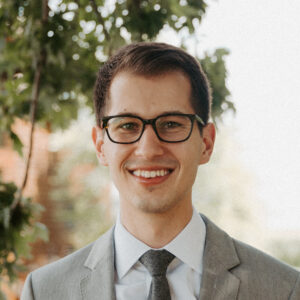
Jonatas Marques
Postdoctoral Scholar, Data Science Institute -

Taveesh Sharma
PhD Student, Department of Computer Science
Nick Feamster is a Neubauer Professor in the Department of Computer Science and the College and the Faculty Director of Research for the Data Science Institute. He researches computer networking and networked systems, with a particular interest in Internet censorship, privacy, and the Internet of Things. His work on experimental networked systems and security aims to make networks easier to manage, more secure, and more available.
Nicole Marwell is Associate Professor in the University of Chicago Crown Family School of Social Work, Policy, and Practice. She is also a faculty affiliate of the Department of Sociology, a faculty fellow at the Center for Spatial Data Science, and a member of the Faculty Advisory Council of the Mansueto Institute for Urban Innovation. Her research examines urban governance, with a focus on the diverse intersections between nonprofit organizations, government bureaucracies, and politics.
DSI Postdoctoral Scholar 2020-2023
Tarun Mangla joined DSI as a postdoctoral scholar in summer 2020, and was previously a PhD student in the School of Computer Science at the Georgia Institute of Technology, co-advised by Mostafa Ammar and Ellen Zegura. His research interests span video streaming, network measurements, and cellular networks. He completed his bachelors in Computer Science and Engineering from Indian Institute of Technology, Delhi (2014) and MS in Computer Science from Georgia Tech (2018). He is a recipient of the Best Paper Award at IFIP TMA, 2018.
Nzinga-Ain Barberousse was homeschooled until college and remains engaged in the Chicagoland homeschooling community. She earned a Bachelor’s degree in Neuroscience from UIC and a Master’s degree in Clinical Psychology – Counseling Practice from Roosevelt University, where she graduated magna cum laude. Nzinga has experience in projects and program management, including work as a LPC-eligible Adolescent Therapist (focusing on trauma, mood, and substance use), experience as a Legal Project Manager, and time as the Piano Program Director for the Hyde Park Suzuki Institute.
Nzinga is a passionate animal lover, particularly of reptiles and rodents, and has special interest in neuropsychology, especially in the areas of Autism and ADHD. In her free time, she teaches private piano lessons, enjoys reading, embroidery, and baking, as well as trying new restaurants, learning new languages, and traveling to new places. Nzinga values collaboration and open communication and is a team player, always looking for new opportunities to learn and grow, both professionally and personally.
Jesse London is a software engineer at the Data Science Institute, where he contributes to open source initiatives.
Jonatas A. Marques joined DSI as a postdoctoral scholar in July 2023, and was previously a PhD student in Computer Science at the Federal University of Rio Grande do Sul (UFRGS, Brazil), advised by Luciano Paschoal Gaspary. His current research interests are on the intersection of machine learning and computer networking, with focus on programmable networking and network management. Jonatas is part of the Internet Equity Initiative at DSI, with the goal of measuring and analyzing Internet performance and reliability to address inequity in U.S. communities.
